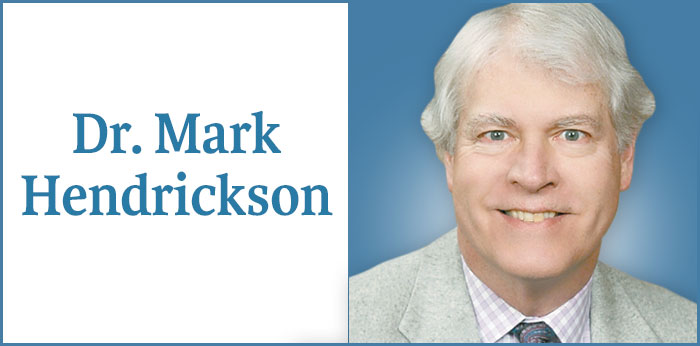We are constantly bombarded with bad news. There are disasters, dangers, challenges, and woes. On the political scene, we find perpetual discord peppered with lurid denunciations and shrill condemnations. Media reports are alternately dismaying, disappointing, distressing, disgusting, or depressing. But despair not, friends: All is not lost!
Here, let me serve you a heaping helping of good news: The world is more prosperous and more peaceful than it has ever been before.
To those of us who came of age in the ‘60s, the two most pressing problems in the world were poverty and war. Fifty years later – Voila! – there is a lot less of those two blights on human life.
Let’s start with poverty: In the mid-1970s, there were approximately 3-1/2 billion people on Earth and two billion of them were poor and hungry. Forty years later, there were 7.3 billion people and 767 million in severe poverty.
In less than two full generations, the proportion of severely poor humans has plummeted from five in nine to one in nine. Nothing remotely similar to this massive economic progress has ever happened before.
Look at poverty in a longer-term context: In 1820, near the dawn of the Age of Capitalism, 94 percent of people were poor. Indeed, throughout all of human history before then, only a tiny elite prospered while over 90 percent of humanity barely subsisted. At the end of World War II, there had been significant progress, but over 70 percent of the people alive were severely poor.
Then look: in 1981, 44 percent of humans were severely poor; in 1990, 37 percent; 2010, 16 percent; 2013, 10.7 percent. This is an astonishing achievement.
Here let me interject a cautionary note: While we are on a trend to potentially eliminate severe poverty entirely by 2030, don’t count on that happening. Flawed humans have an amazing capacity to mess things up. Just look at Venezuela today.
In 1950, Venezuela had the fourth-highest per capita GDP in the world. Today, crippled by socialist policies, Venezuela has been reduced to an economic basket case with people starving to death. (Americans enthralled by Bernie Sanders, take note.)
Now, back to the good news: More people are enjoying peace and prosperity than ever before. Poverty has receded to the degree that governments around the world abandoned socialistic policies and unleashed market forces. Billions of people gained greater freedom and opportunity to work, invest, produce, profit, and trade with each other, both domestically and internationally.
Indeed, an under-appreciated aspect of market liberalization (i.e., the freeing of economic activity from government controls) has been the increased freedom to trade across national borders.
After two world wars with a trade war/depression sandwiched in between, enlightened statesmen in the 1940s (with Americans taking the lead) worked diligently to craft a more peaceful, prosperous world by lowering trade barriers and strengthening commercial ties.
The underlying economics is simple: Every time the social division of labor is expanded through the inclusion of more people in the marketplace, the greater the range of talents and products available to consumers and the more competition, specialization, efficiency, comparative advantages, and economies of scale impel producers to improve quality and lower prices.
In short, more trade leads to more prosperity. And as greater international commerce demonstrates that trade increases prosperity, people realize that it is self-defeating to wage war against the very people who are supplying things we want.
The theory that trade conduces to peace has been borne out in practice. As international trade has expanded greatly since WWII, the incidence of war has plummeted. By one calculation, the number of wars was ten times greater in the century before 1950 than in the 50 years after. Harvard scholar Steven Pinker avers, “the world is less violent now than at any time in history.” Let us be grateful.
The post-WWII order – more trade, more prosperity, and more peace – is worth preserving. We should celebrate the amazing progress against the twin scourges of poverty and war, even as we continue to aim for their eventual elimination.
Let us urge our leaders to remove the remaining barriers to trade. True, current trade rules are not always fair. They need to be improved, as President Trump is trying, but let’s not allow the perfect to be the enemy of the good and collapse the post-WWII order of trade and peace.
Our unprecedentedly peaceful and prosperous world is a whole lot better than a world of national isolation, lower standards of living, and war.
[Dr. Mark W. Hendrickson is an adjunct faculty member, economist, and fellow for economic and social policy with The Center for Vision & Values at Grove City (Penn.) College.]













Leave a Comment
You must be logged in to post a comment.